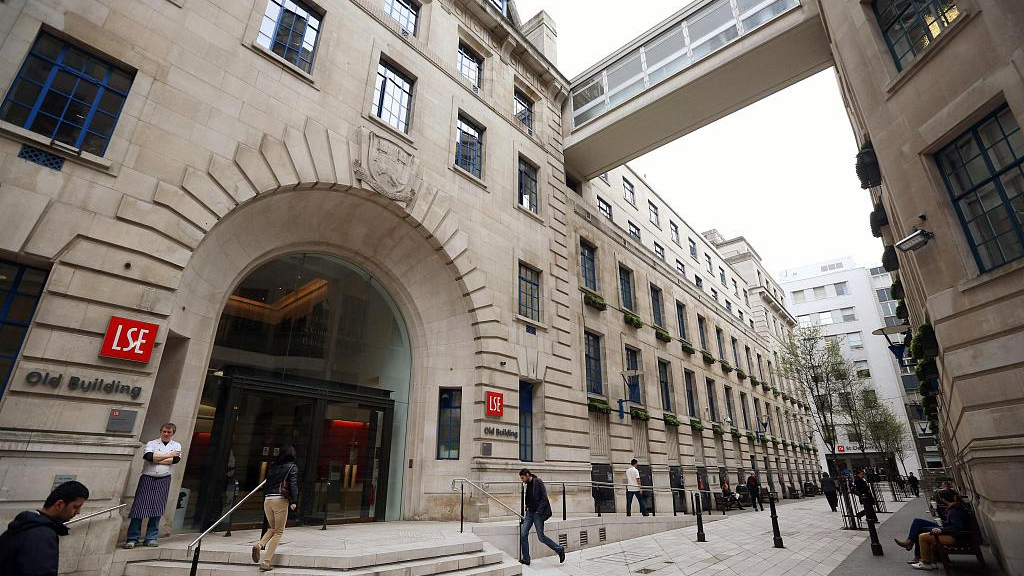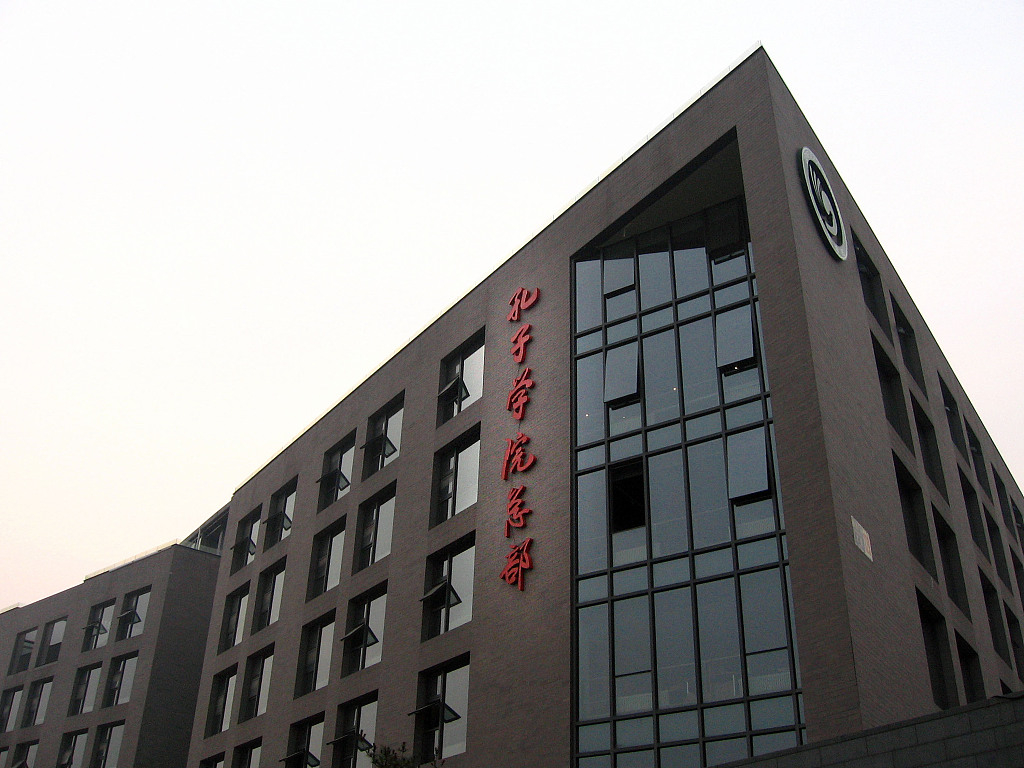
A view of the London School of Economics and Political Science, UK, April 15, 2013. /VCG Photo
A view of the London School of Economics and Political Science, UK, April 15, 2013. /VCG Photo
Editor's note: Matteo Giovannini is a finance professional at ICBC in Beijing and a member of the China Task Force at the Italian Ministry of Economic Development. The article reflects the author's opinions, and not necessarily the views of CGTN.
On October 29, while reading news on different foreign websites, my attention was captured by the Financial Times homepage where an article was published titled "London School of Economics academics outraged by proposed China programme."
According to the article, the London School of Economics (LSE), one of the major and most respected academic institutions in the UK, has decided to stop a proposed Chinese program, which was supposed to support new undergraduates and postgraduates with courses on Chinese economics, policy and society.
Why did LSE make such a decision? This program should have been funded by Eric Li, a Shanghai-based venture capitalist considered not welcomed by the British institution for his pro-Chinese government views. Moreover, the program should have been overseen by a group of "distinguished individuals from China" and the LSE has judged this as an action affecting the values and reputation of the school.
First, the decision taken by LSE is quite surprising considering its long-standing partnership with Peking University and Tsinghua University for other programs and initiatives. For example, many people each year participate in an intensive two-week program, labelled as LSE-PKU Summer School, which is aimed at students and professionals at Peking University. Stopping a program like this seems more of a political move than a purely academic decision.
Since there is an increasingly rising desire from the West to know more about China, such ban is definitely counterproductive.
Second, this is not the first time that western countries ban such programs sponsored by China. The Confucius Institutes have been highly criticized for the "secret mission" of teaching Chinese language and spreading Chinese culture to the rest of the world.
I have taken courses at the Confucius Institute. I found it a great learning environment, far from what it is illustrated by the western world. Moreover, it gave me a chance to move to China and I feel grateful for the opportunity.

The headquarters of Confucius Institute, Beijing, China. /VCG Photo
The headquarters of Confucius Institute, Beijing, China. /VCG Photo
Third, mutual understandings between countries are calling for being ready to be challenged and open to different opinions. Living in China for quite a while, I have seen many foreign academic institutions operating alone or as partnerships in China, such as Harvard, Yale, as well as other well-known UK universities. Others have established their own schools inside Chinese universities, such as Stanford Center at Peking University or Schwarzman College at Tsinghua University.
I have regularly attended events at these foreign funded schools and I can assure that the academic standard and the freedom of speech is completely guaranteed, no matter what the topic may be.
Generally speaking, western countries are increasingly seeing such kind of thinking that the spread of the Chinese language and culture around the world is a sort of colonialism or imperialism.
As a matter of fact, most of the criticism comes from those who have little knowledge about China or have never visited China. To put it another way, their hostility comes from their lack of knowledge.
Besides, it is quite surprising that this decision comes from the UK, considering the Golden Age of China-UK relations started in 2015. Moreover, taking Brexit into account, such a hostile approach to China could not guarantee a prosperous future for the UK's economy.
In a nutshell, academic institutions should welcome different points of views to nurture future leaders who are equipped with critical thinking and value inclusiveness. Nowadays, in a globalized world, the exchange of ideas, culture and knowledge should be valued. This is the key to prosperity and growth.
(If you want to contribute and have specific expertise, please contact us at opinions@cgtn.com.)